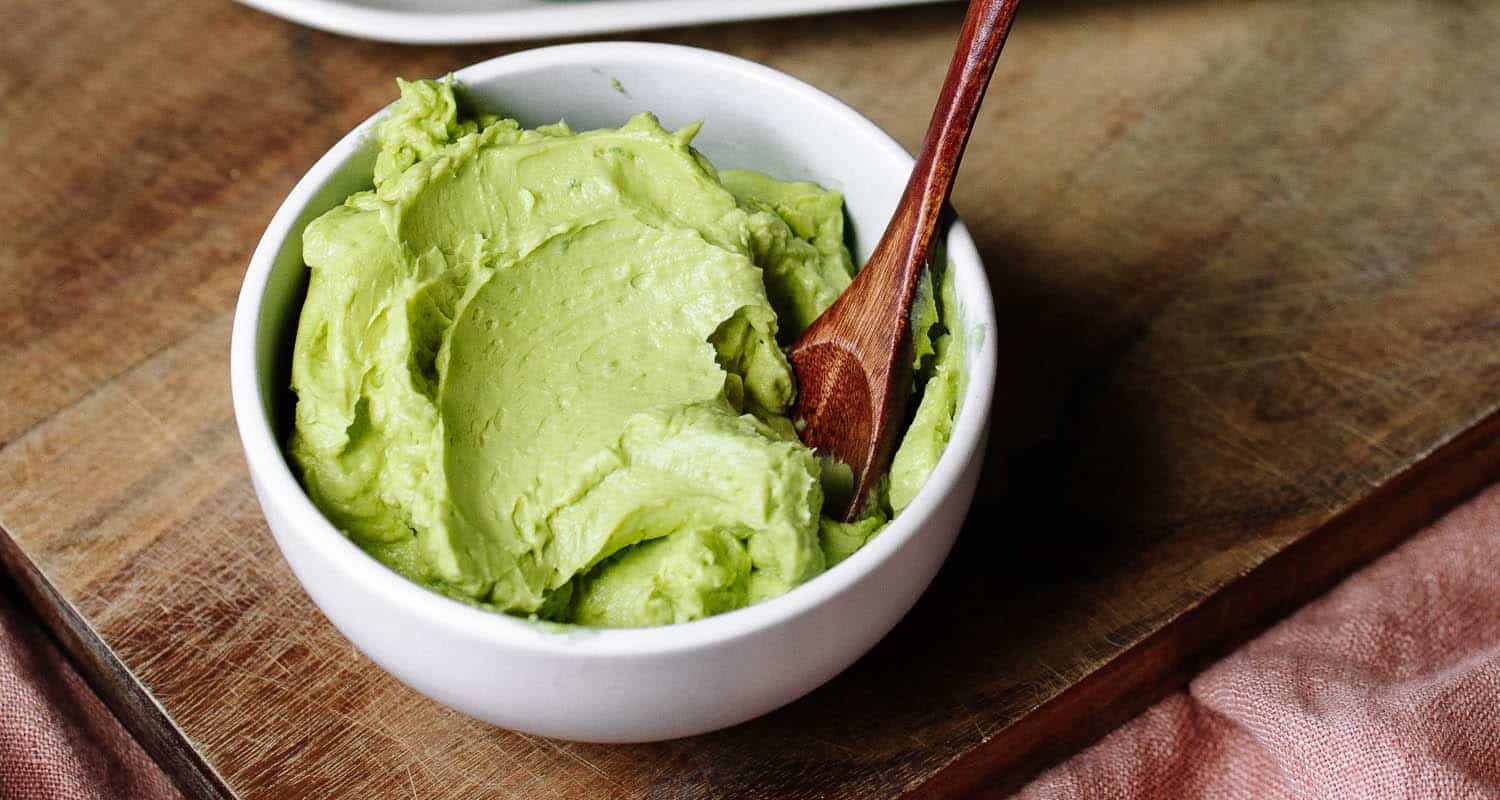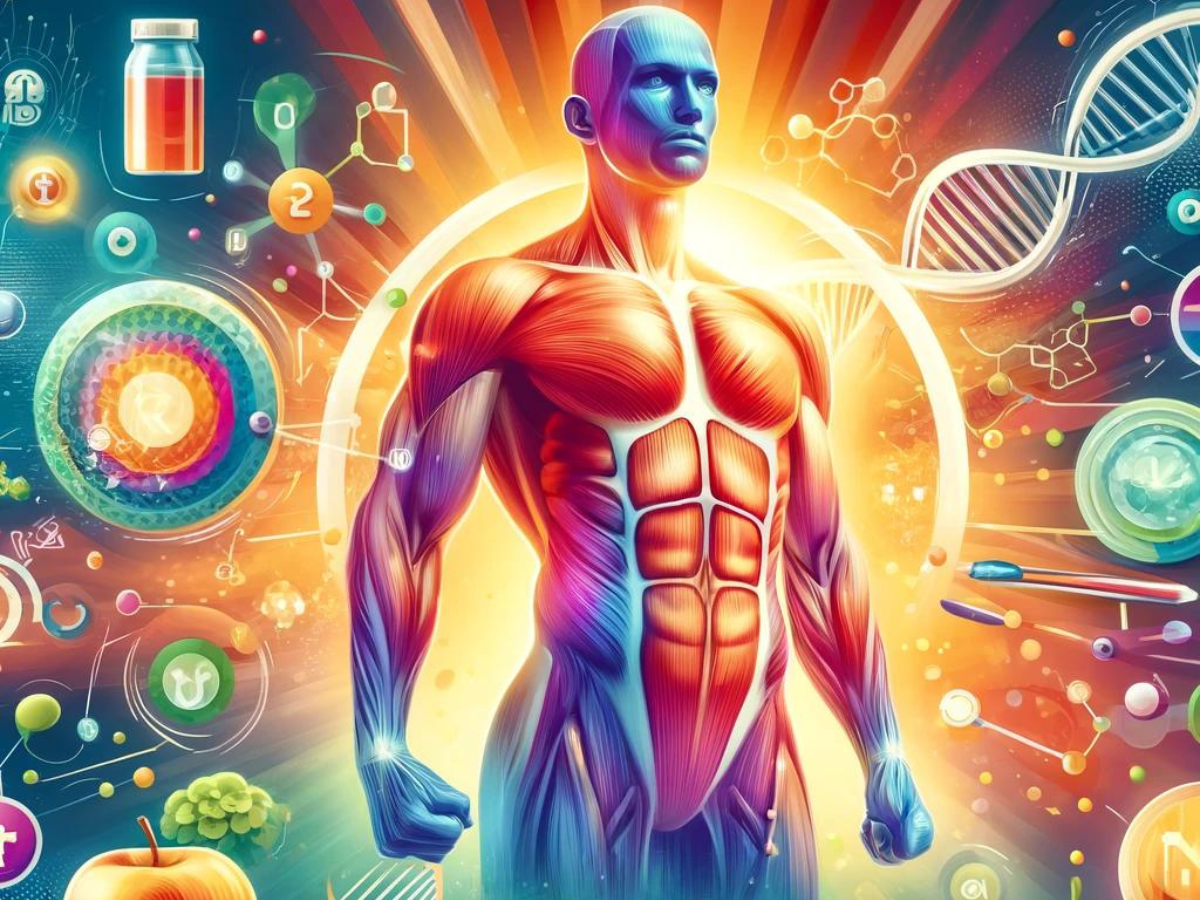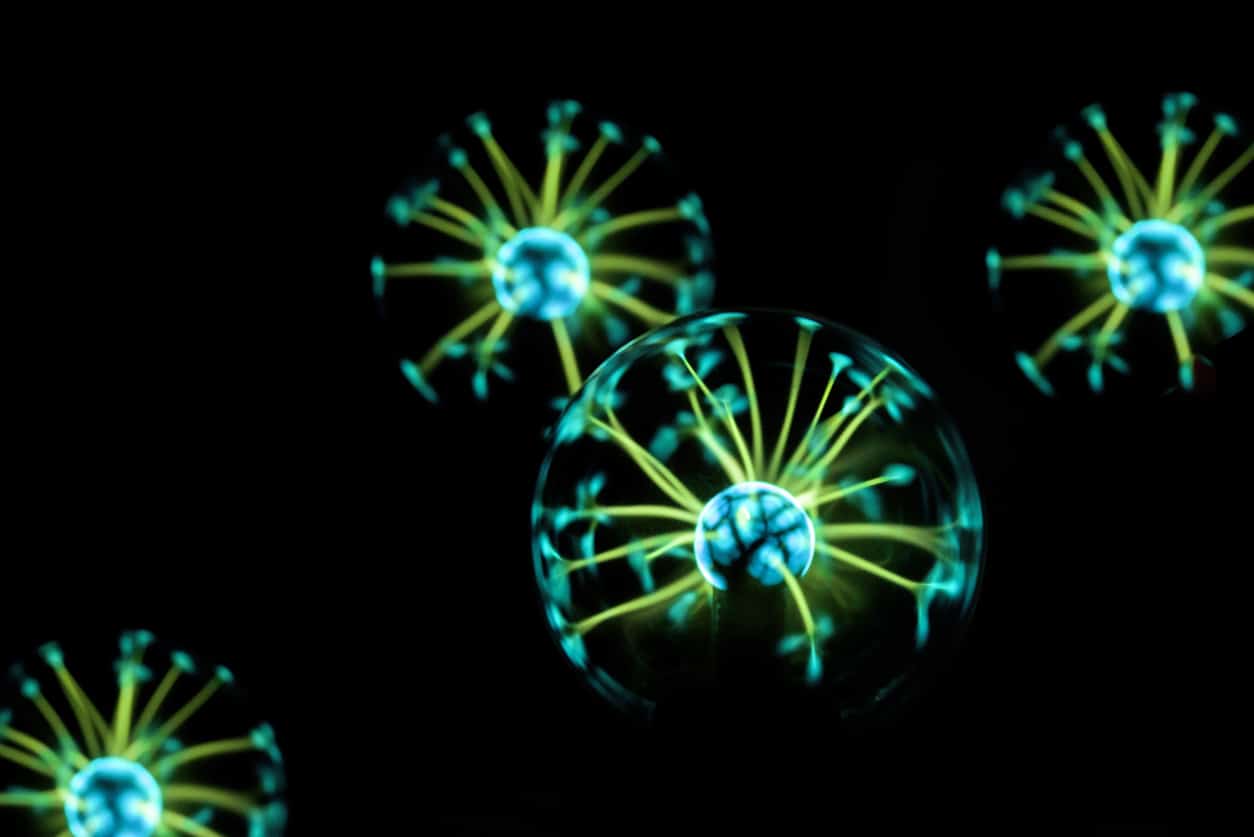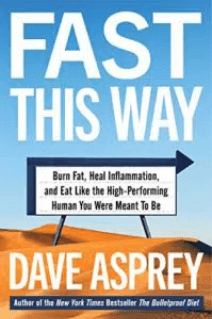
- For decades, doctors advocated a low-fat diet for your waistline and your health. Even though research now shows it’s not true, women still believe that to lose fat, they must avoid fat.
- In truth, low-fat diets make you eat more, pack on the pounds and store extra calories as fat.
- Healthy dietary fats stabilize hunger, mood and hormones — keeping us happier and less hungry. Oh, they prevent wrinkles, too.
- Good fats — including saturated fats — are necessary for heart health and brain function. In short, you need fats to feel better and live longer.
Health magazines, TV ads, doctors, and fitness personalities have been preaching low-fat diets and low-fat snacks to women for so long, that it’s hard to even consider that a good amount of fat is exactly what women need — for their health and their weight.
Evidence no longer supports the low-fat recommendations you’ve been hearing for decades. Keep reading to find out why fat is vital to good health.
Low-fat diets and calorie restriction make you fat
If you’ve ever tried to lose weight, you’ve likely followed the dieting advice to count calories and avoid fat.
Turns out, counting calories to lose weight doesn’t work, and it’s a miserable way to live. Restricting your calories ignores the role of metabolism in the equation. The body breaks down different foods in different ways, which means a calorie isn’t a calorie.
For instance, low-carbohydrate diets have a metabolic advantage that help people lose weight faster.[ref url=”http://nutritionj.biomedcentral.com/articles/10.1186/1475-2891-3-9″] The reason: hormones. Insulin is a hormone that controls the body’s fat storage. A high-carb diet increases glucose levels in the bloodstream, which leads to more insulin. The more insulin the body produces, the more fat that gets stored.[ref url=”https://www.ncbi.nlm.nih.gov/pubmed/6386412″]
Low-fat foods typically contain more calories and carbohydrates than their full-fat counterparts, usually in the form of sugar. That’s why eating piles of low-fat bread can pack on weight, but eating bacon, eggs and avocado will trim you down.[ref url=”http://nutritionj.biomedcentral.com/articles/10.1186/1475-2891-3-9″]
If you restrict calories long-term, you end up with things like:
- Insulin resistance
- Wonky hormones
- Thyroid issues
- Leptin and ghrelin imbalance (those are the hunger and satiation hormones)
So, even if you lose weight in the short-term, you’ll gain it all back when you go back to eating human amounts of food.
Fat makes you feel fuller longer

But you’re not likely to do that after steak and veggies coated with healthy fats. Fat keeps you full, and you won’t need to eat as much or as often if you reach for quality fats instead of empty carbs and sugary snacks.[ref url=”https://www.ncbi.nlm.nih.gov/pubmed/8696422″]
Fat has a lower impact on insulin levels than carbohydrates or even protein does. When your insulin stays level, you don’t deal with sugar spikes or energy crashes.
Fat also slows the absorption of the carbohydrates that you eat alongside it, keeping blood glucose stable so your pancreas doesn’t release as much insulin as it would if you ate the carbs by themselves.[ref url=”https://www.ncbi.nlm.nih.gov/pubmed/6386412″] High-carb, low-fat foods keep blood-sugar levels high and can cause inflammation.
Fat is good for your heart
For decades, doctors have pushed the high-carb, low-fat agenda for “heart health.” Right around the time those recommendations took hold, Americans packed on the pounds and the disease skyrocketed.[ref url=”http://www.sciencedirect.com/science/article/pii/S0002934306006747 “] When you avoid fats and eat a lot of carbs, your blood sugar spikes which increases risk of coronary heart disease.[ref url=”http://ajcn.nutrition.org/content/71/6/1455.short”]
Eating mostly carbs is a bad idea, especially for your heart. Carbs cause oxidative inflammation that uses fat and cholesterol to harden your arteries. Without the inflammation, this wouldn’t happen and the fat and cholesterol could do its job, like make hormones and build your brain.
Cholesterol protects your heart, too. Researchers measured that with every 30 point reduction in cholesterol, mortality increased 22%.[ref url=”http://www.bmj.com/content/353/bmj.i1246″]
Of course, you can’t eat just any old damaged, oxidized, hydrogenated fat. There is such a thing as heart-healthy fats: Reach for high-quality fats like medium-chain triglycerides (found in coconut oil), grass-fed meats, and grass-fed butter to get all the benefits.
Your brain needs it, too

Saturated fat is particularly crucial for good brain function. Brain cells are arranged like a bundle of wires that are covered in an insulated layer. They communicate with each other by sending electrical impulses end-to-end and to the next brain cell. Brain cells have a fatty layer of insulation around them, called myelin, that helps the signals travel faster and to keep them going where they’re supposed to go.
When myelin breaks down, communication between brain cells slows. The changes can be subtle, even seemingly “normal,” like forgetting why you entered a room or “losing” your sunglasses that are on top of your head. Saturated fat and cholesterol feed myelin and support its maintenance. If your HDL cholesterol drops too low, you end up with cognitive decline.[ref url=”https://www.ncbi.nlm.nih.gov/pubmed/24907980″]
Fat keeps you happy
Happiness is a function of your brain and your needs being met. Good fats help both.
As you read a little earlier, fat keeps you fuller longer and keeps your insulin level low, which keeps you from feeling energy crashes and getting the hunger crankies. So you can happily go about your day without being obsessed with feeding yourself.
Fat, especially essential fatty acids like DHA, are also crucial for mood stability. One study on fish consumption, DHA levels, and depression showed that there is a strong connection between eating more DHA-rich fish and happiness.[ref url=”http://www.thelancet.com/journals/lancet/article/PIIS0140-6736(05)79168-6/fulltext”] Correlation does not equal causation, but it’s worth paying attention to this one.
Fat means fewer wrinkles
Many high-quality fat sources provide fat-soluble vitamins like A, D, E, and K. The fat-soluble vitamins contribute to collagen production, skin tone, and overall complexion. Eating fat alongside other high-nutrient foods helps you absorb those nutrients, too, which help keep your skin rosy and bright.
Eating healthy fats increases skin’s elasticity — which translates to less wrinkles.[ref url=”https://www.cambridge.org/core/journals/british-journal-of-nutrition/article/association-of-dietary-fat-vegetables-and-antioxidant-micronutrients-with-skin-ageing-in-japanese-women/56684BEDBFE3C4A13F20629EB4BF2507″]
Low-fat diets wreck your looks and your hormones
Good fats are a major component of sex hormones, and without them, your body will not make the proper balance of hormones that keep you feeling and looking young.
To function properly, a woman’s body must have enough of the two major sex hormones, estrogen and progesterone. Progesterone is the tough one to maintain, since production drops with aging and the plastics and chemicals that are part of everyday life mimic estrogen in the body. It’s the perfect storm for estrogen dominance.
To maximize progesterone production, your body needs the building blocks to make it. High-quality saturated fats help form progesterone and also helps you absorb fat-soluble vitamins like A, D, E and K to promote fertility.
Even if you’re not in the market for a baby at the moment, you want your hang onto your fertility as long as you can, because it’s both the cause and the effect of a properly functioning biology. It’s the cause because if your body isn’t working, your body signals to make you less attractive to potential mates. When your fertility drops, you end up with:
- Hair loss
- Weight gain
- Acne
- Excess body hair
- Pale skin
- Loss of libido
- Lack of energy
It’s the effect because fertility and proper hormone balance signals for your body to pour resources into keeping your body humming in case you need to grow a baby. In general, fertile women look and feel far better than they do in their later years.
Women on low-fat diets who have trouble with fertility should look into adding grass-fed butter, egg yolks, and other sources of good, clean, medium-chain triglycerides to their diets and see if it helps.
The best sources of good fat for women
- Grass-fed red meat
- Grass-fed butter and ghee
- Coconut oil
- High quality >70% cacao dark chocolate (watch added sugar)
- Pastured egg yolks
- Krill oil, wild salmon and sardines
- Extra virgin olive oil
- Avocados and avocado oil
- Brain Octane Oil
With a clearer picture of how fat affects your body, you can reach for the guacamole and pile on the butter without worrying that it’ll end up on your thighs. If you feel inclined to, keep a journal of what you’re eating, how you feel, and add in notes on how your clothes fit and how your skin looks. You’ll be surprised!













